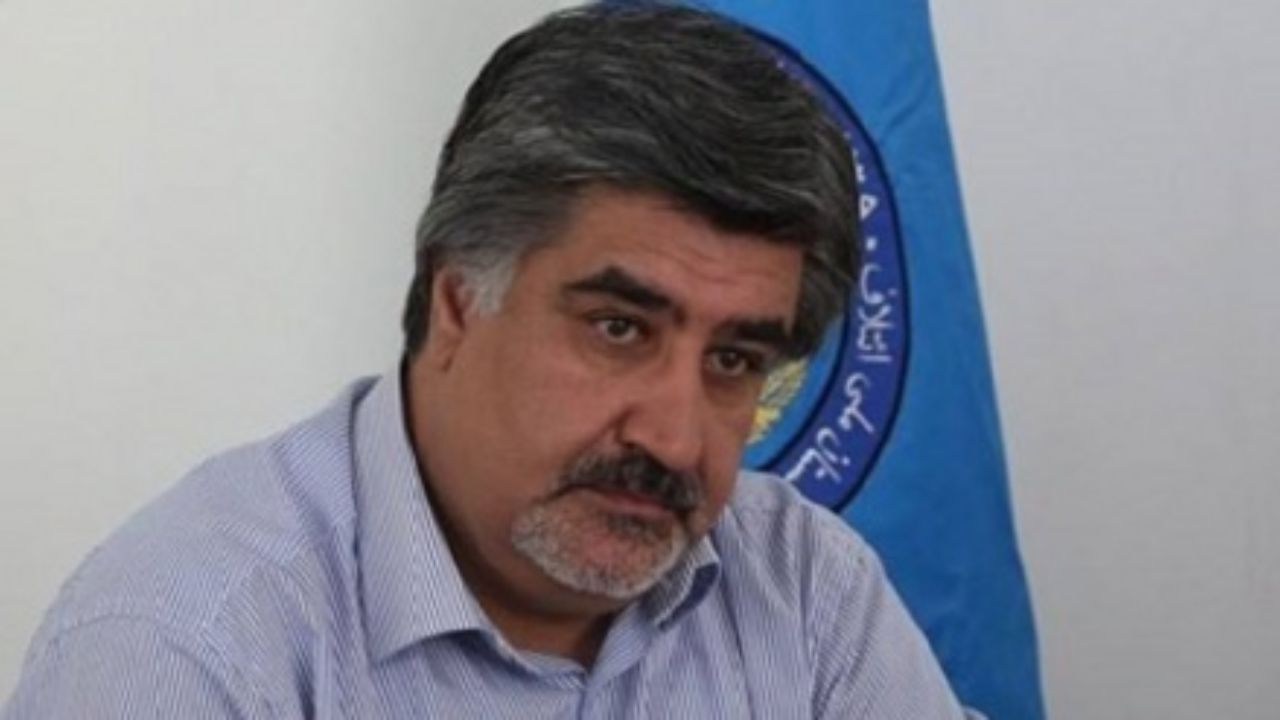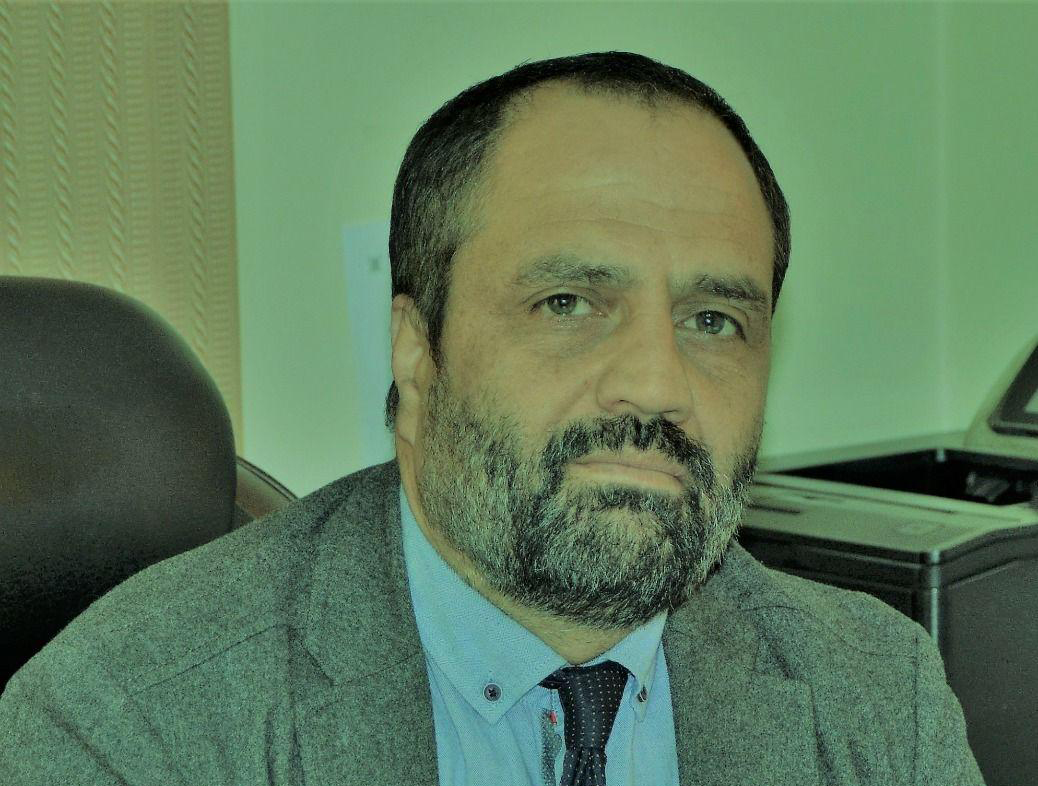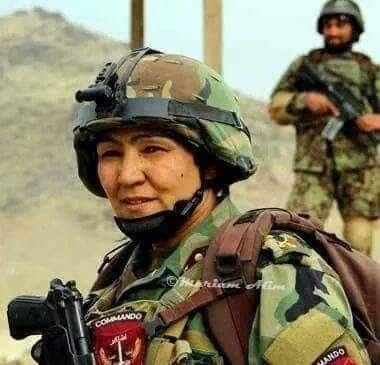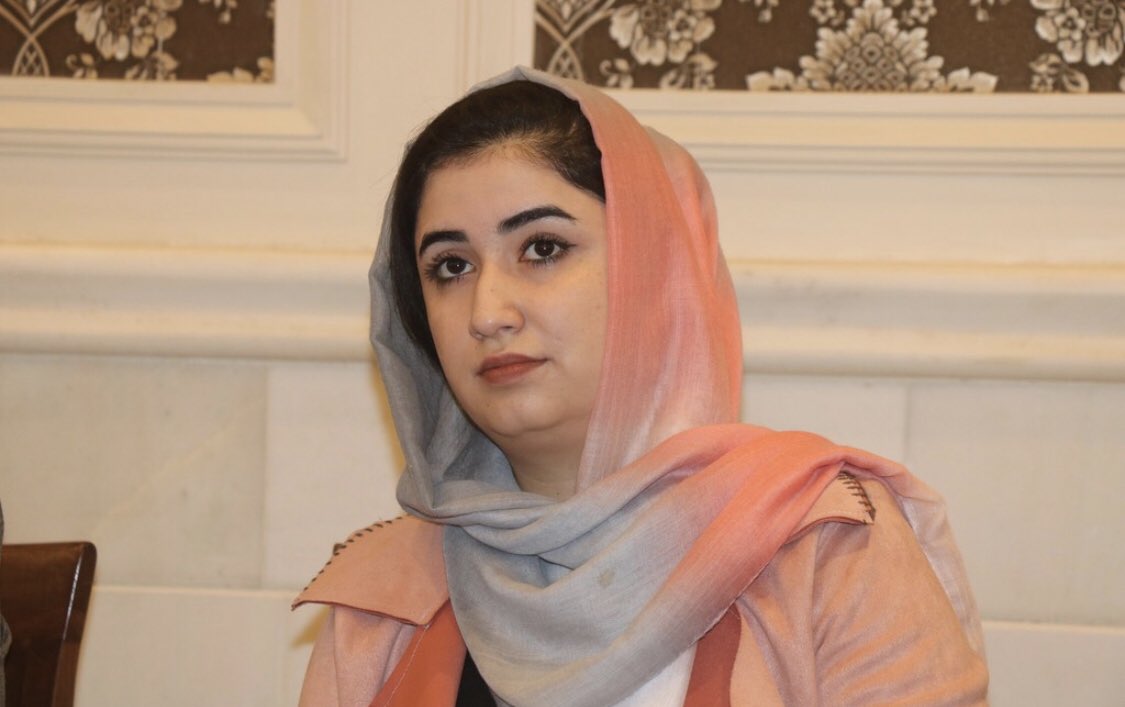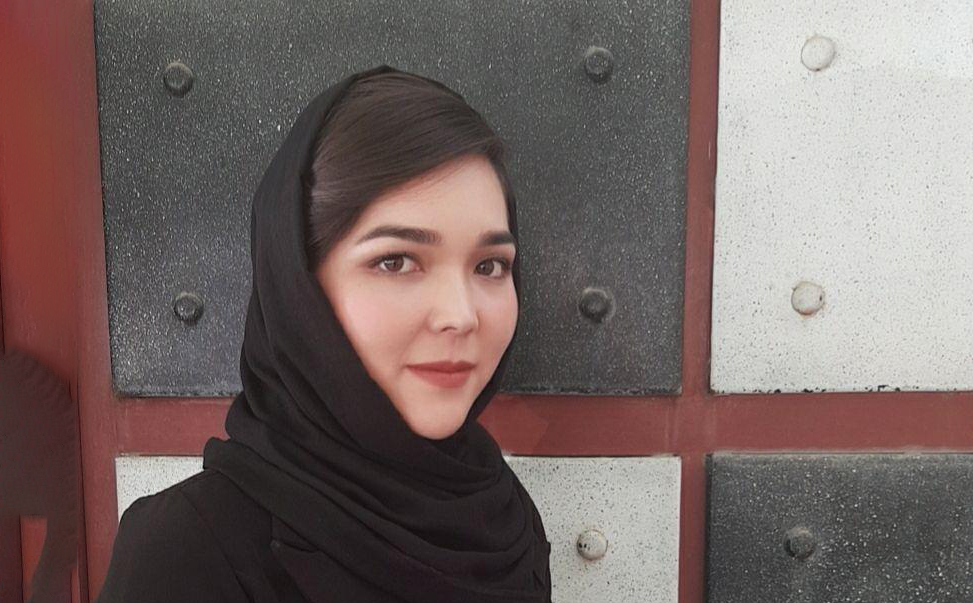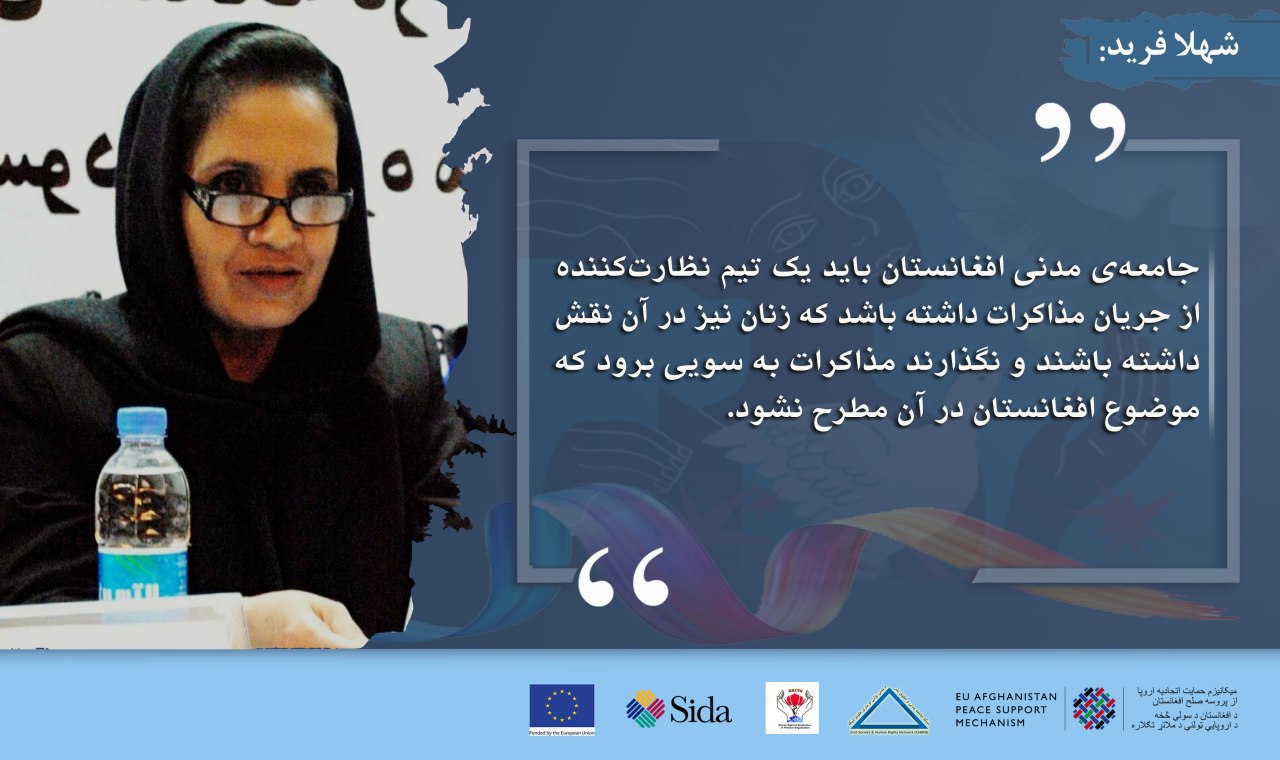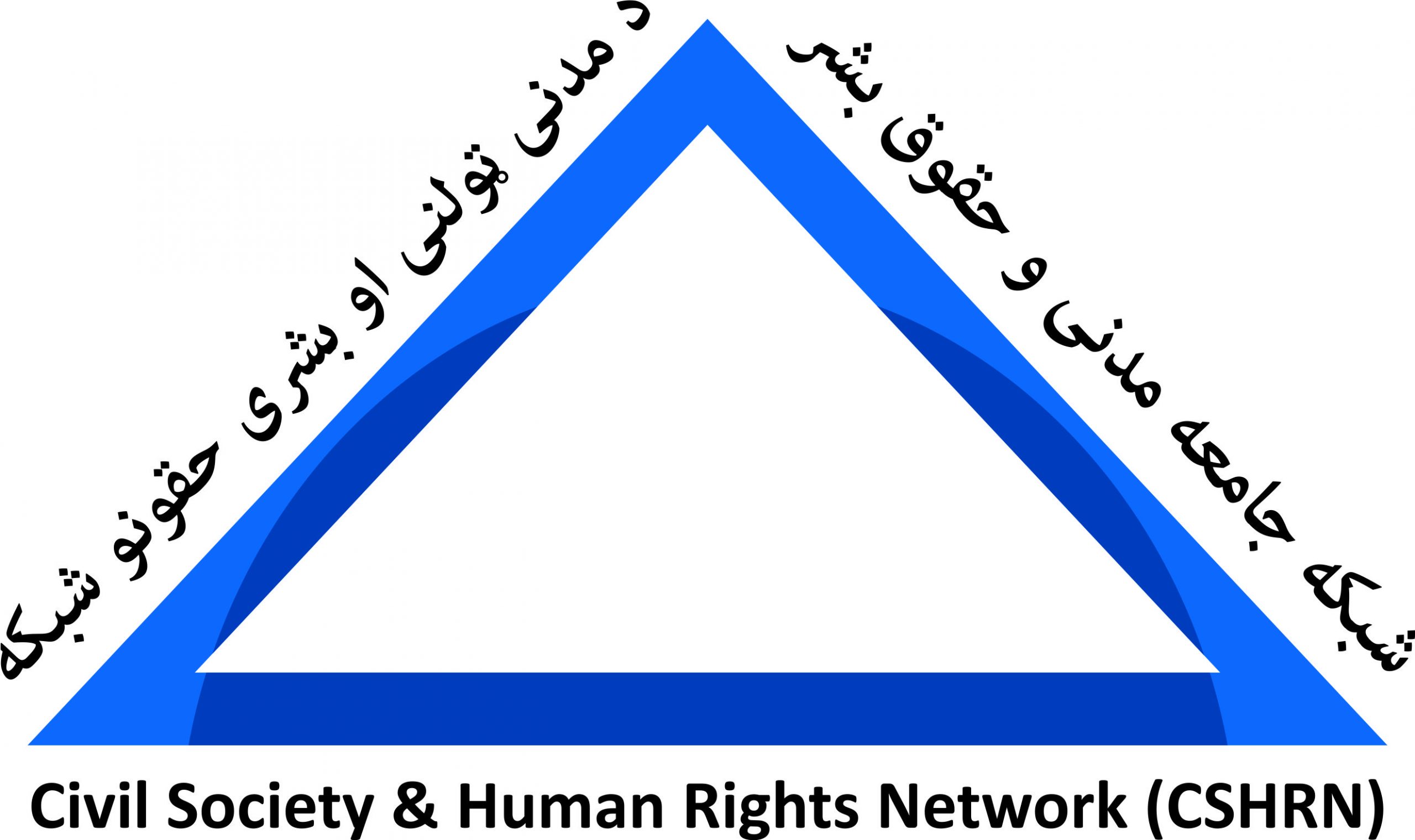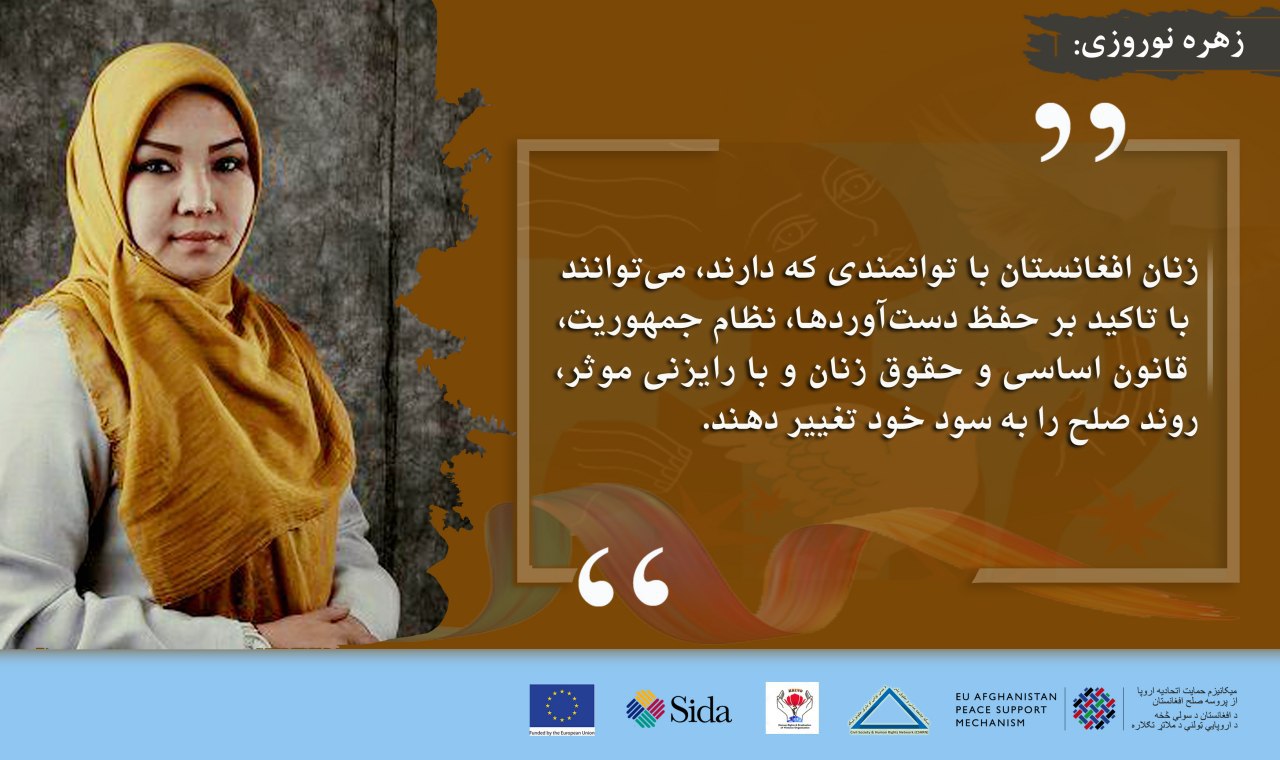I do not Believe in the Government’s Resistance to the Red Lines
Criticizing the poor quality of negotiations between the government and the Taliban, some experts call the government's position on defending what is accepted as a red line, unstable. In an interview with the CSHRN, Mr. Hussaini said that the red lines set by the government fluctuate and turn greener every day, making him less optimistic about the government’s position to stand for a red line.CSHRN: Tell us more about your assessment of the peace talks.Hussaini: The essence of having a negotiation is good and has been welcomed by the national and international community, but unfortunately its technical and political problems are worrying. It is concerning when the Taliban insist on some presuppositions they had in the past.CSHRN: What presuppositions do you mean?Hussaini: Presuppositions regarding democracy and elections. The group also places little importance on women and disregards human rights values. All of this shows that the Taliban are still pursuing the same Islamic Emirate views, with only a slight change in their dealings with the United States.CSHRN: Do you think that the negotiations with this group will succeed?Hussaini: I think that this negotiation is not about sustainable peace, development, good governance, or reviving the nation’s trust. Rather, it is a project set up with some internal and external groups. Otherwise, how do countries that claim to be defenders of human rights, women's rights, and democracy agree to pressurize the Afghan government to release the 5,000 terrorists who were involved in the killings and bombings, in advance? This shows that, unfortunately, the values that are being raised and highlighted in the dialogue have been ignored.CSHRN: What do you think are the important issues for women that should be emphasized in the negotiations?Hussaini: That women are equal to men, they should be able to participate in decision-making, and should not…
